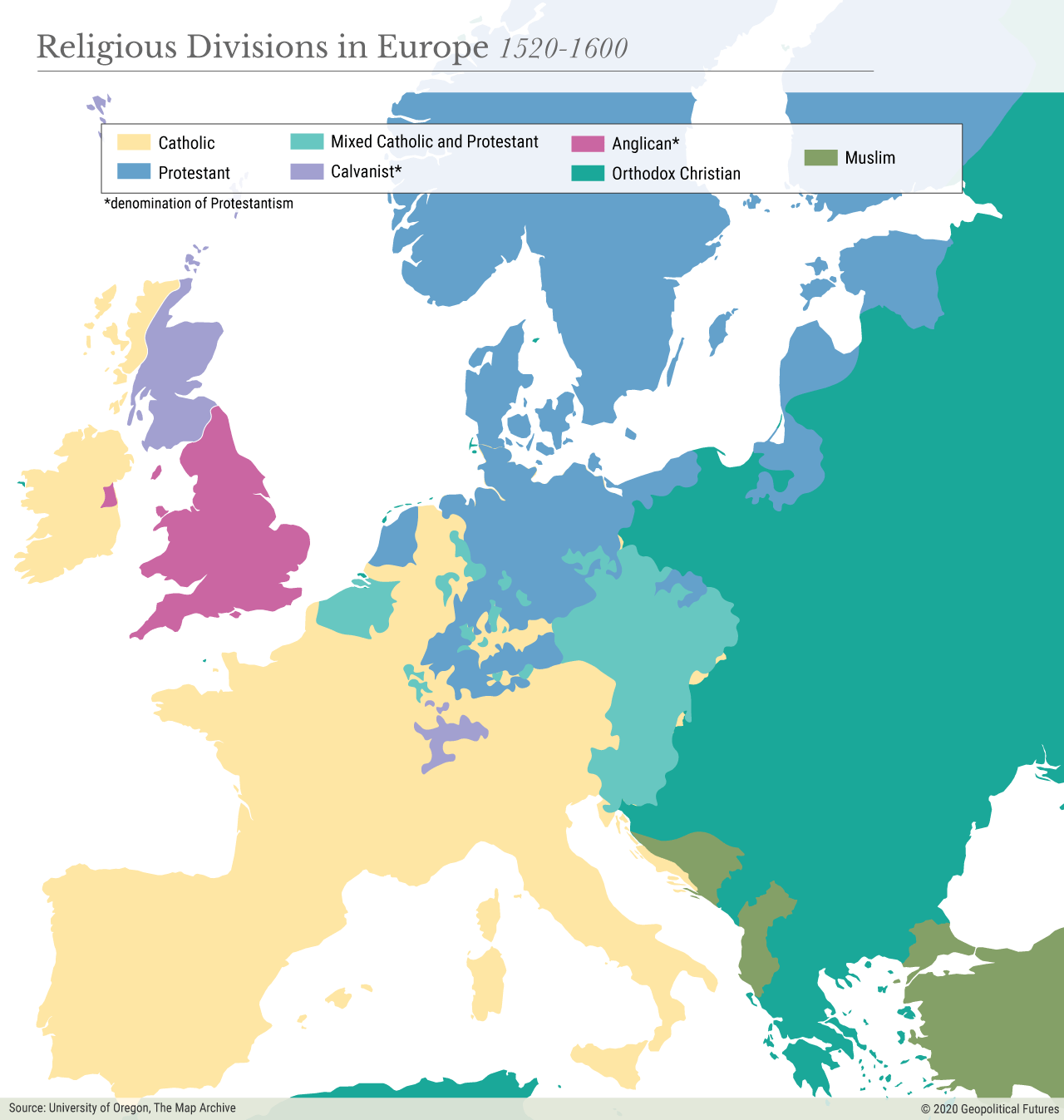By: George Friedman
Geopolitics is, on the surface, about the relationship between nations and geography. At a deeper level, it is about nations and necessity and predictability. But the fundamental question is what we mean by geography.
Geography is about place; it is about the forces that converge on, shape and compel the individual to act, and to do so with other individuals likewise constrained. Physics asserts that the action of any given atom is unpredictable, and that the actions of a mass of atoms are predictable statistically.
The question is what permits that predictability. In the same sense, geopolitics makes no claim about what the individual will do. It makes a claim as to what we as a group will do.
Geography may be the pivot, but as I have tried to show in the past two weeks, a broader definition of geography is needed. It is of course about oceans, rainfall and grain production, but this provides us what I will call a flat geography, a geography of the moment generalized over time.
There is also a deep geography that sees the transformation of place over time, and with it the history of the place that explains the statistical – and individual behavior over time.
In the past two weeks, I presented two stories. One was of individuals, about my father and his half-brother. The other was of the way the American Revolution was influenced by the English Civil War between Catholics and Protestants.
I told the story of the great grandfather of George Washington and the way his father, a Royalist, lost everything to the Puritans, causing his son to come to North America to try to recreate the life he had lost in England.
The story flowed into the discovery by George Washington that he was not English but American, and how that led both to the revolution and the division between New England and the South that fueled the American Civil War.
The rise of Protestantism was itself deeply embedded in European geography. The Protestant Reformation touched most European countries, but its success centered on the North Sea. Christianity was European but divided between Orthodoxy and Catholicism.
Protestantism was the revolt of the Catholics centered on the North Sea against the European Peninsula. The issue was expressed theologically in terms of the relationship between the papacy and its priests to God. But it was also about who dominated the Atlantic.
Catholic Iberia discovered and exploited the Western Hemisphere. France then joined and as wealth surged, power flowed to the south. Maritime Germany rebelled. Bavaria did not. Britain became the center of the northern bloc and could not evolve with the power of forces loyal to the Pope and therefore under the control of the heirs of the Roman Empire.

There is a constant debate in the United States over the place of Christianity and Protestantism in the American regime. There is an argument that the American regime was intended to be a Christian regime, and a further argument that it was meant to be Protestant. There was great hostility to Catholic immigrants in the United States.
The United States emerged from the wars that created a Protestant North Sea basin. It follows, given that the founder was overwhelmingly Protestant, that this notion is correct.
But when you look at the two founding documents, there is no mention of Christ at all, although there is the implication of God. The answer was I think that the ancestors of the founders to a great extent were escaping from the brutal wars of the religion. They did not want to import the wars between Christians and even between Protestants to the United States.
This was not because the founders weren’t Christians and Protestants, even devout ones, but because they were all in some way fleeing Europe.
The point here is not to consider the American founding, but rather to use it as an example of what I mean by deep geopolitics. Geopolitics is not simply the physical makeup of a place, although it is that as well. It is layers of geopolitical reality interfacing in radical ways. The rising of the North Sea nations set in motion a new geopolitical reality in North America.
Geopolitics becomes chess at any moment in time. But when used to produce the broader history of humanity, it becomes three-dimensional chess, with geopolitical layers emerging.
It might have been expected that the Iberian discovery of America would have led the North Sea nations to respond, and that the wars and civil wars would create refugees who would populate North America, and given North America’s geography, that it would emerge as a great Atlantic and Pacific power.
But for that, the dynamism of geopolitics must be layered.
0 comments:
Publicar un comentario